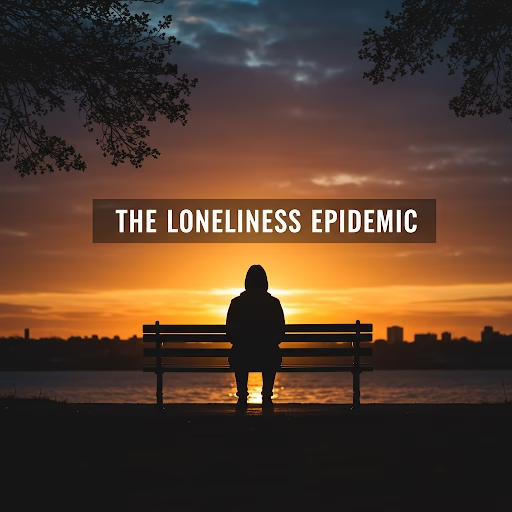Introduction
Loneliness is more than just an emotional state—it has become a public health crisis. In a world that is more connected than ever through technology, many people still feel isolated. This epidemic affects mental and physical well-being, making it essential to understand its impact and find ways to foster meaningful connections.
The Impact of Loneliness on Health
1. Mental Health Consequences
- Chronic loneliness is linked to higher rates of depression and anxiety.
- Lack of social support can increase stress levels and lead to emotional distress.
2. Physical Health Risks
- Studies show that prolonged loneliness can contribute to heart disease, weakened immune function, and even premature death.
- Social isolation has been compared to smoking 15 cigarettes a day in terms of its impact on overall health.
The Role of Meaningful Connections
1. Quality Over Quantity
- Deep, meaningful relationships provide a greater sense of belonging than a large number of superficial interactions.
- Prioritizing authentic conversations fosters emotional support and fulfillment.
2. The Power of Community
- Engaging in group activities, volunteering, or joining clubs can help combat loneliness.
- Strong social ties contribute to increased happiness and resilience.
3. Technology: A Double-Edged Sword
- While social media can connect people, excessive online interactions can sometimes replace real-life connections, worsening feelings of loneliness.
- Using technology to facilitate in-person meetings can enhance social bonds.
Strategies to Overcome Loneliness
1. Prioritizing Face-to-Face Interaction
- Making time for in-person gatherings strengthens relationships and reduces feelings of isolation.
- Small gestures like checking in on friends and family can make a significant difference.
2. Practicing Active Listening
- Being present and engaged in conversations helps build deeper connections.
- Showing empathy and understanding fosters trust and companionship.
3. Seeking Professional Support
- Therapy and support groups can provide guidance and coping strategies for those struggling with loneliness.
- Mental health professionals can offer insights and tools for building stronger social networks.
Conclusion
Loneliness is a growing issue with serious consequences, but it is not insurmountable. By actively fostering meaningful connections and engaging in supportive communities, individuals can enhance their mental and physical well-being. Prioritizing relationships and social engagement is key to reversing the loneliness epidemic and leading a healthier, more fulfilling life.




